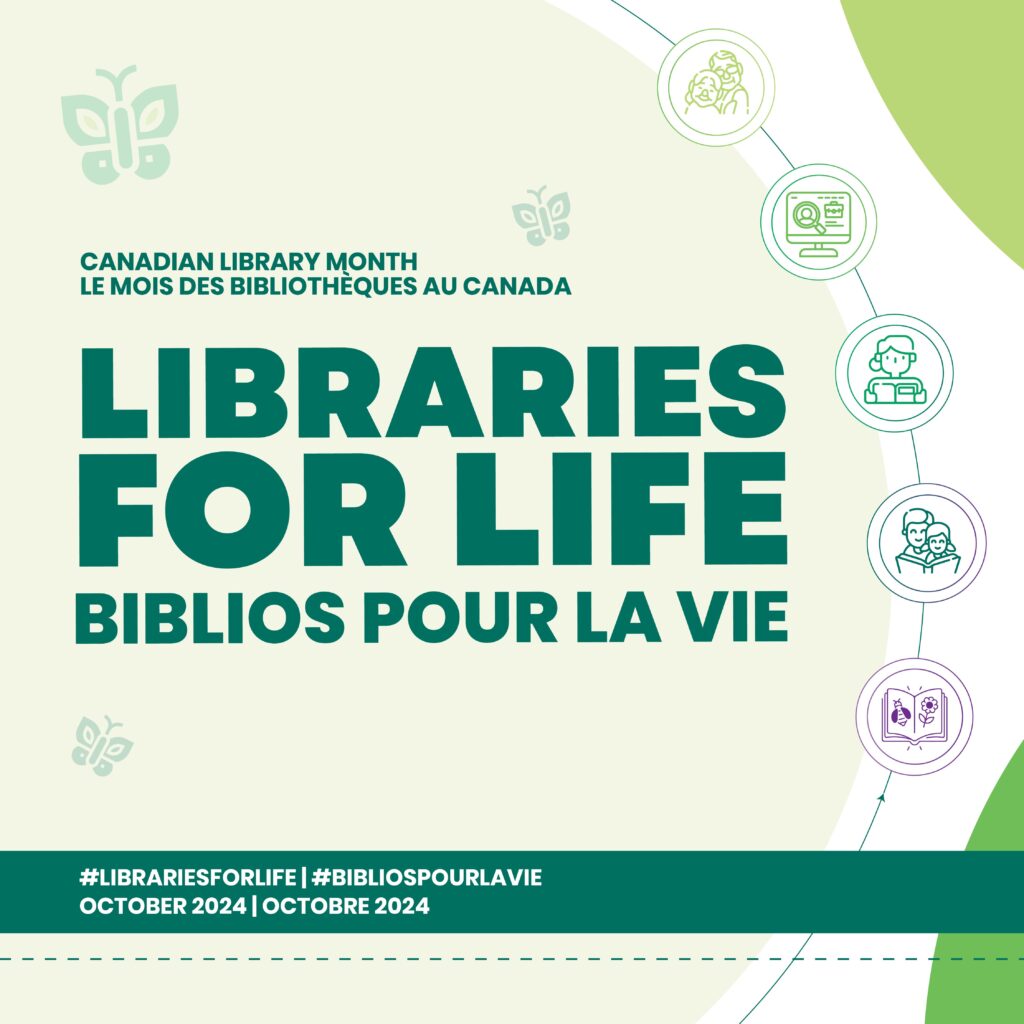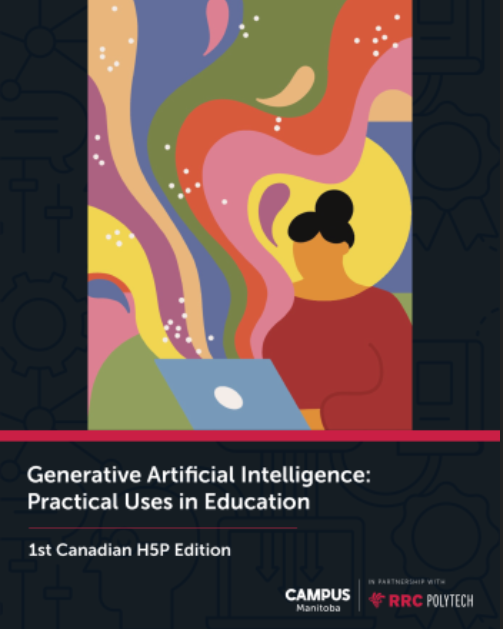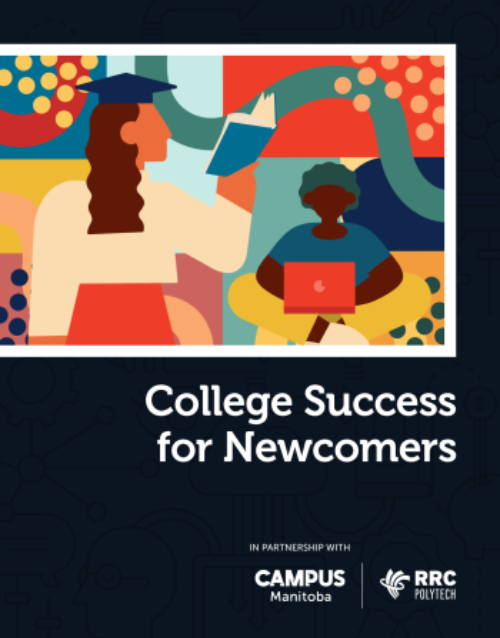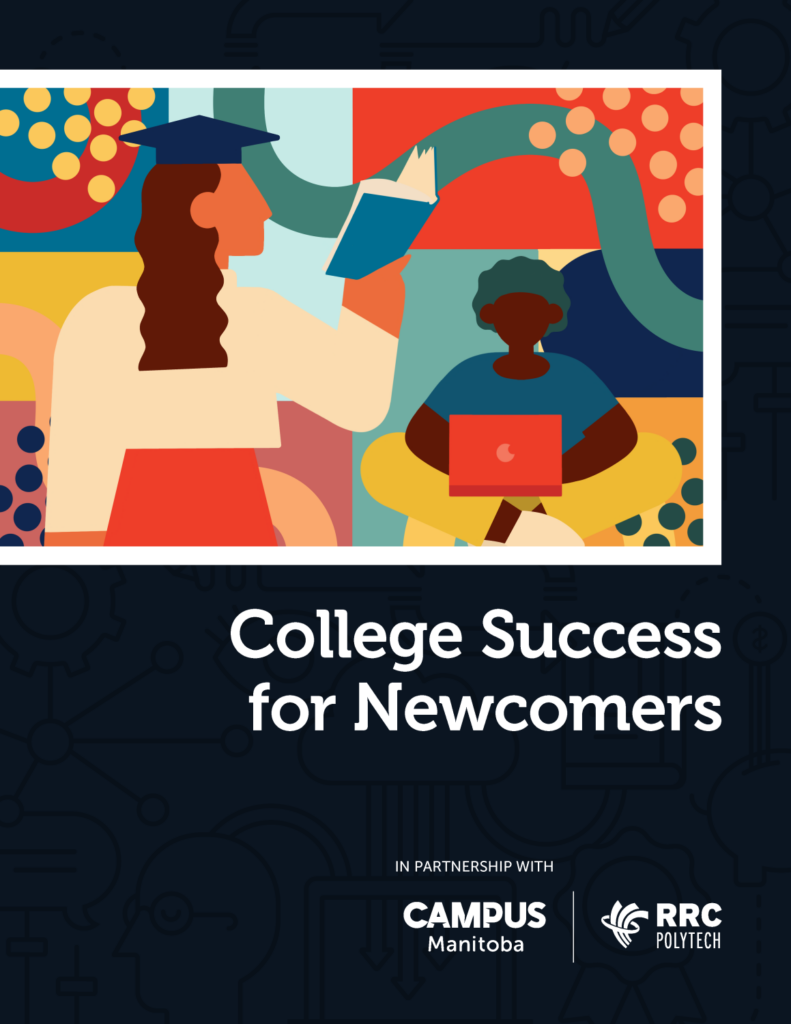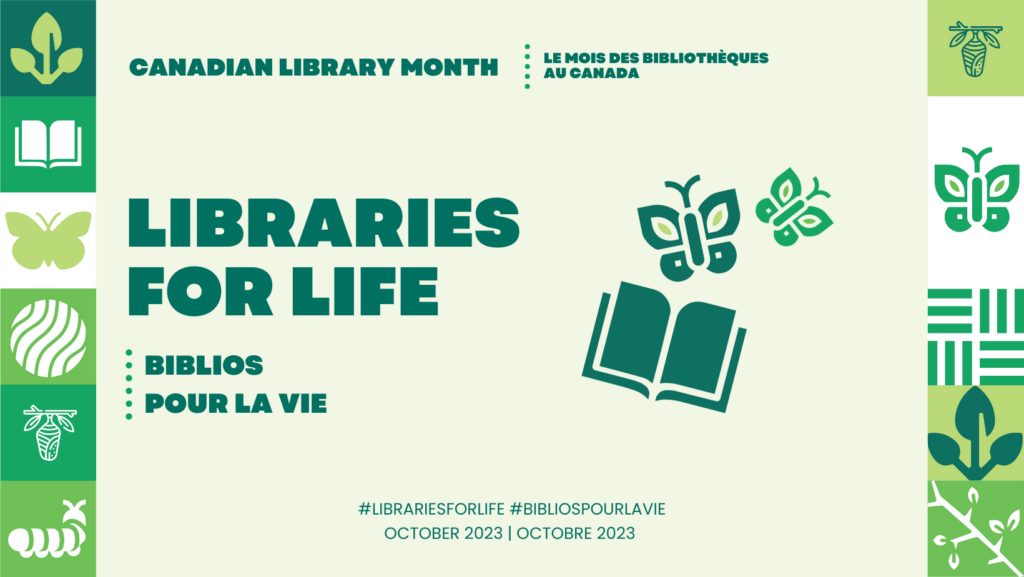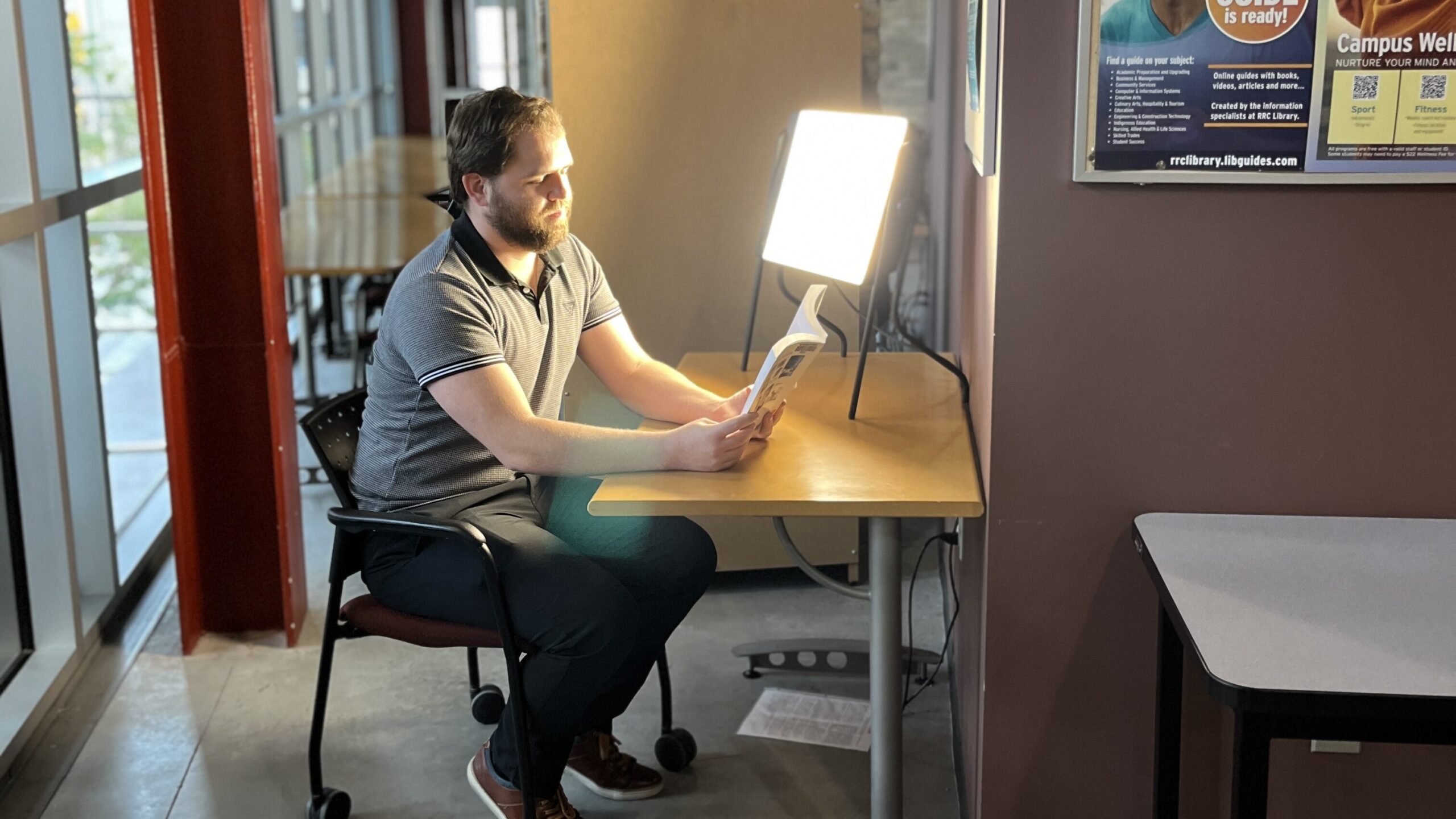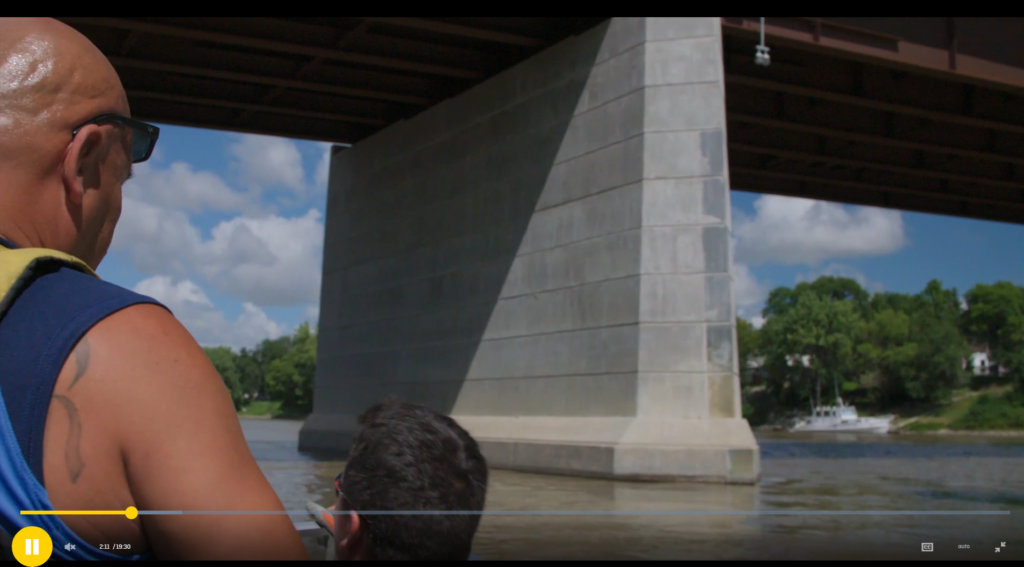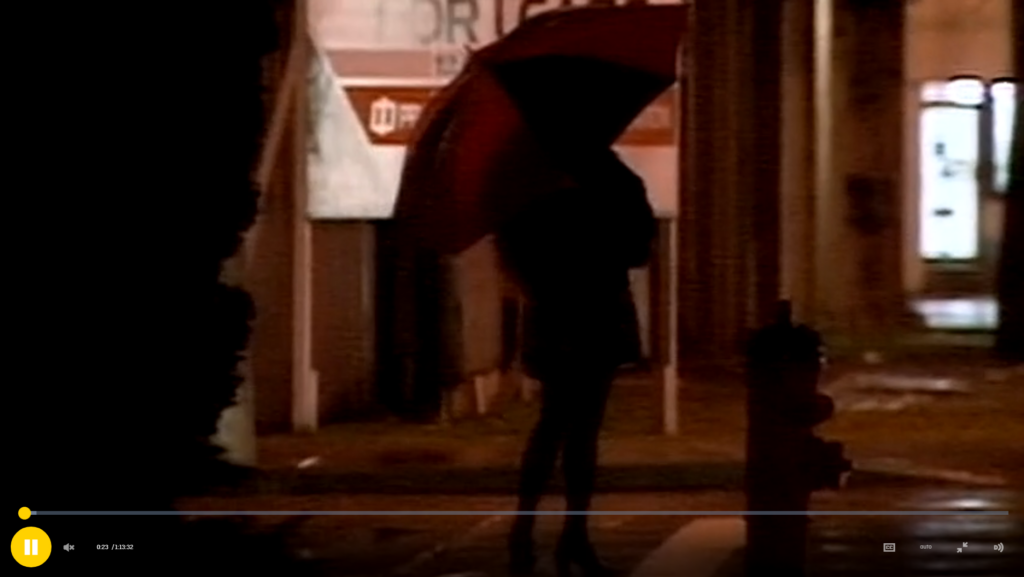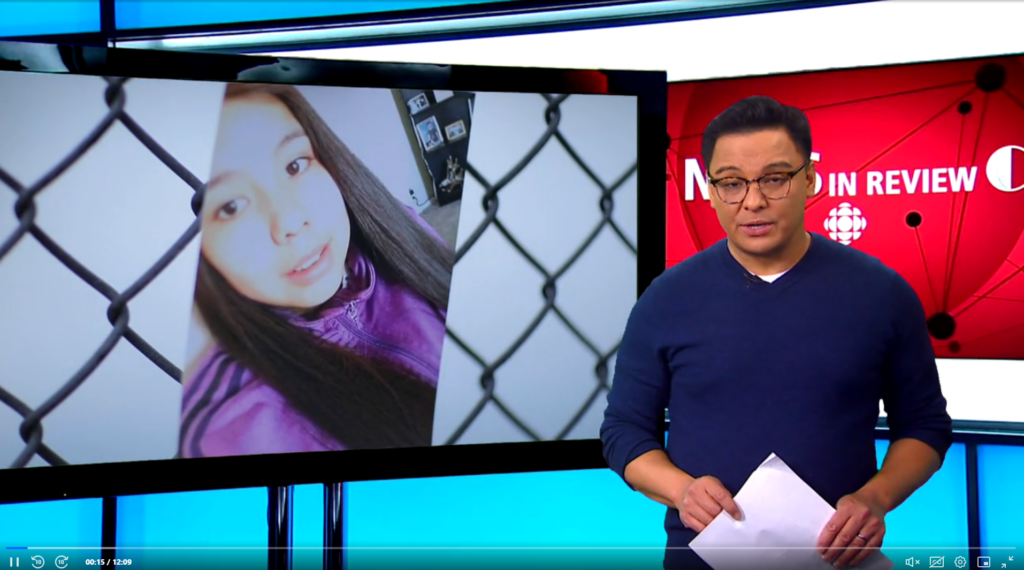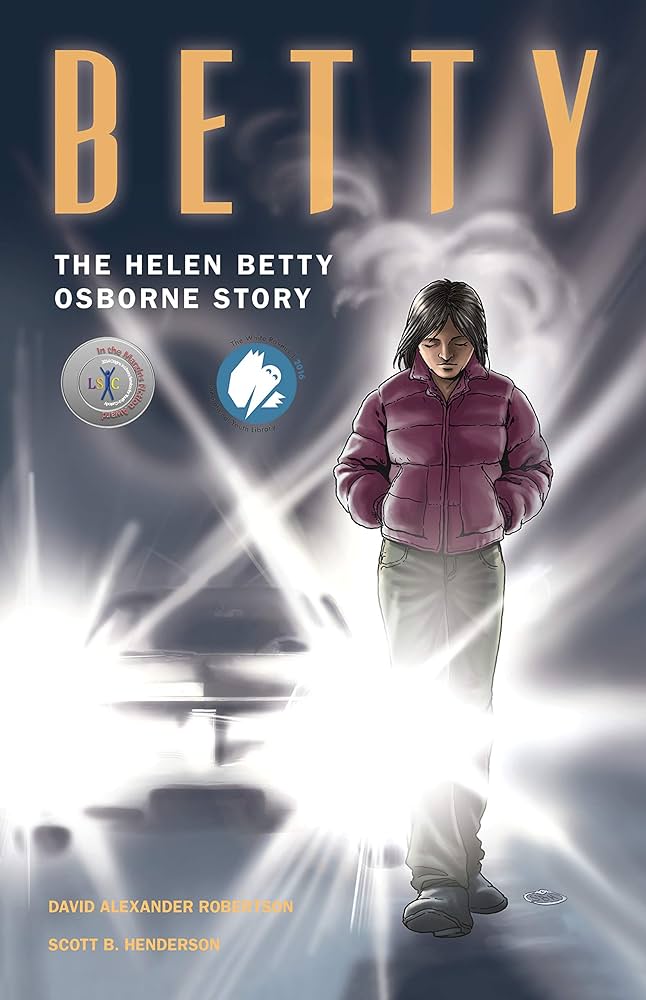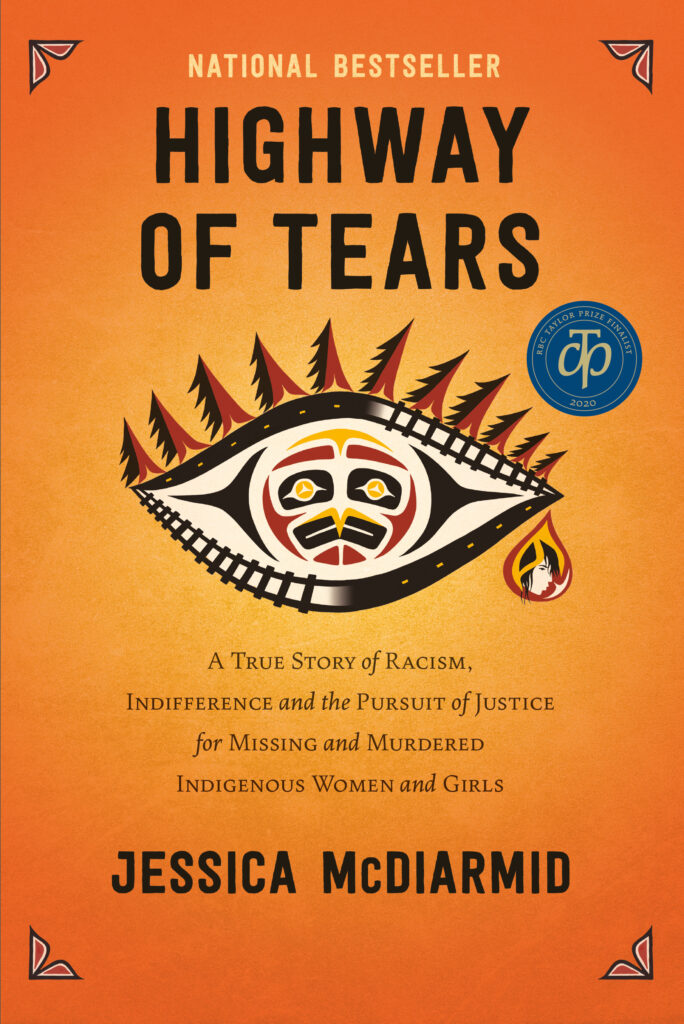Introducing the Sidney Fadl Forzley Memorial Collection
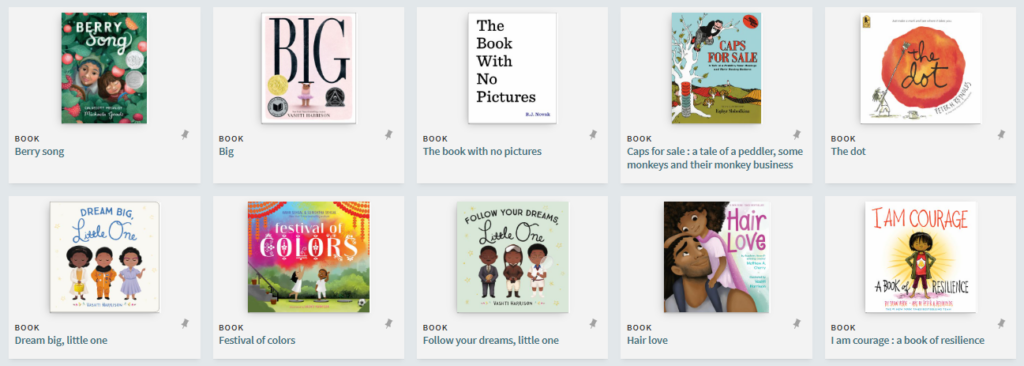
In partnership with the Early Childhood Education (ECE) program, Library and Academic Services is proud to announce our newest addition: the Sidney Fadl Forzley Memorial Collection.
Who was Sidney Fadl Forzley?
Sidney Fadl Forzley took a leap of faith when he and his soon-to-be wife, Soria, immigrated to Canada from Lebanon in the 1950s. With an entrepreneurial spirit, Sidney began his working life in downtown Winnipeg, shining shoes at City Hat Works. Surrounded by the energy of a bustling city and the warmth of new acquaintances, he quickly built many friendships.
He later ventured into business, co-owning Davis Drycleaners and Tailors with his cousin George. After several years, they transformed the shop into a Lebanese bakery and grocery store—Cedar Bread Factory—introducing Winnipeggers to the deliciousness of pita bread for the first time. (Thanks, Sidney!)
Sidney’s home, business, and every space he occupied were filled with friends, family, laughter, and heartfelt conversation. Despite struggling with Crohn’s Disease and gradually losing his vision, he persevered, demonstrating immense strength and resilience throughout his life.
Sidney passed away on August 12, 2022, remembered as a devoted husband, father, grandfather, and businessman. His legacy lives on in his values—family, friendship, and hard work.
What is the Sidney Fadl Forzley Memorial Collection?
Thanks to a generous $500 donation made in memory of Sidney Fadl Forzley, a special collection has been established at the RRC Polytech Main Library to support the Early Childhood Education program. This contribution allows for the annual purchase of new books, directly enhancing the curriculum and supporting the academic and professional development of future educators.
The collection celebrates Sidney’s legacy by emphasizing the power of reading and the essential role of family in a child’s early development—values he held dear. It stands as a testament to his belief in community, education, and entrepreneurship.
What kind of books are in this collection?
The books purchased for this collection are picture and board books ideal for ages 2-5. They will be featuring Canadian Authors and Publishers. The purpose is to support the staff and students in ECE and the children that they work with every day. The titles selected are ones that enrich young minds by teaching them vocabulary and language, strengthen listening skills, convey messages such as caring about others, and more.
Where can I find these books?
The Sidney Fadl Forzley Memorial Collection is housed at the Notre Dame Campus Library, located in the juvenile section. Each book has a SFFM sticker on its spine to indicate that it is part of the collection.
A full list of titles is available on our website:
Early Childhood Education (ECE) Sidney Fadl Forzley Memorial Book Collection.
News provided by Justine Hawley, Resource Management Technician, Red River College Polytech

